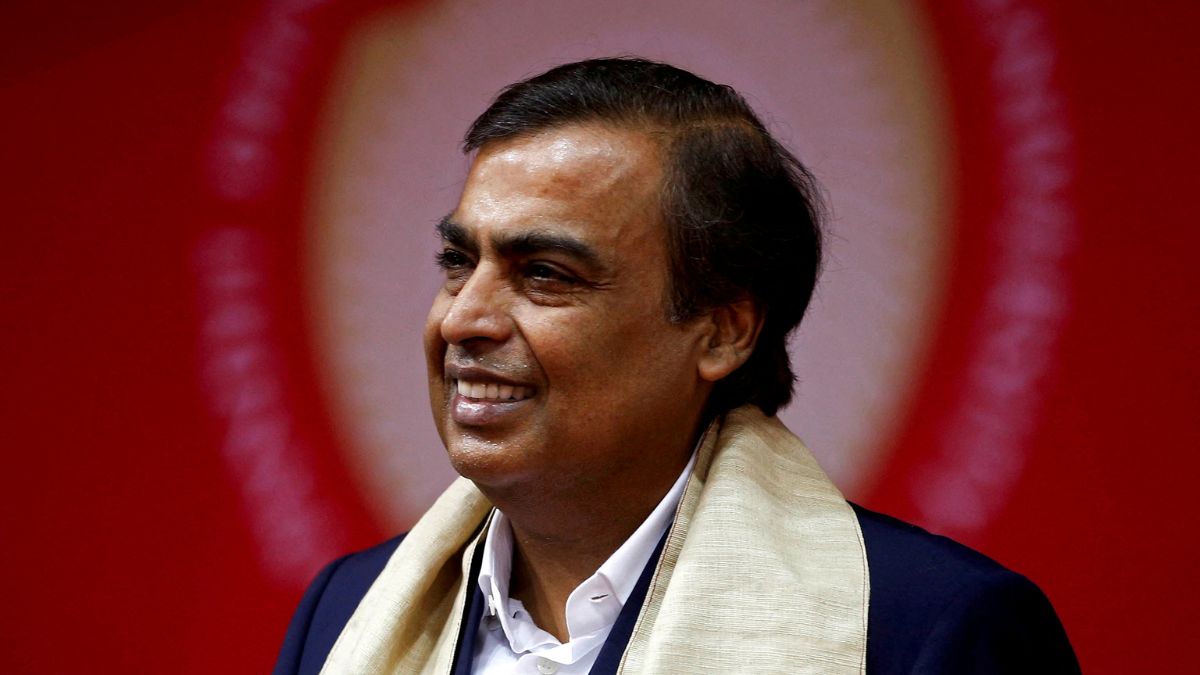The Indian economy demonstrates resilience and stability with impressive growth figures and robust foreign investment, even as it faces challenges from global uncertainties and domestic pressures, said CEA Nageswaran in The Economic Survey 2023-24 read more
)
Indian economy is rising fast
In the preface to The Economic Survey, 2023-24, Ministry of Finance, Chief Economic Advisor, V Anantha Nageswaran on Monday said that in April, the new financial year commenced, and by May, it was reported that the Indian economy had grown an impressive 8.2 per cent in real terms for FY24.
Resilience and stability
“The Indian economy is on a strong wicket and stable footing,” said Nageswaran. “We have demonstrated resilience in the face of geopolitical challenges and consolidated our post-COVID recovery. Both fiscal and monetary policies have worked towards ensuring economic and financial stability.”
Despite these positive strides, Nageswaran acknowledged that “change is the only constant” in a country with high growth aspirations. He emphasises the need for substantial domestic efforts to maintain momentum, particularly as global issues such as trade, investment and climate become increasingly complex.
Economic growth and inflation control
The high economic growth rate of 8.2 per cent in FY24 followed the previous years’ growth rates of 9.7 per cent and 7.0 per cent. According to Nageswaran, “The headline inflation rate is largely under control,” though some specific food item prices remain elevated. He noted that the trade deficit for FY24 was lower compared to FY23, and the current account deficit stands around 0.7 per cent of GDP, with a surplus recorded in the last quarter of the financial year.
“Foreign exchange reserves are ample,” Nageswaran added, highlighting that public investment has continued to support capital formation. “The private sector, having recovered from its balance sheet challenges, must now take the lead in sustaining investment momentum.”
Private sector investment trends
National income data indicates a vigorous expansion in non-financial private sector capital formation in FY22 and FY23, following a decline in FY21. However, investment in machinery and equipment had previously seen a decline for two consecutive years before rebounding strongly. Early data for FY24 shows continued but slower growth in private sector capital formation.
Challenges for foreign direct investment
Nageswaran noted that Foreign Direct Investment (FDI) has remained robust with new capital inflows of USD 45.8 billion in FY24 compared to $47.6 billion in FY23. “This slight decline aligns with global trends, while reinvestment of earnings has remained stable,” he said. The increase in repatriation of investment from $29.3 billion in FY23 to USD 44.5 billion in FY24 indicates a healthy market environment. “Private equity investors are capitalising on buoyant equity markets in India, which is a positive sign for future investments,” he added.
However, Nageswaran also highlighted several challenges: higher interest rates in developed countries, competitive industrial policies offering substantial subsidies and ongoing uncertainties related to transfer pricing, taxes and import duties. Additionally, rising geopolitical uncertainties are expected to influence capital flows significantly.
“Despite these hurdles, the environment for FDI remains dynamic, and India continues to offer attractive investment opportunities,” Nageswaran said.

 1 month ago
12
1 month ago
12
)
)
)
)
)
)
)
)
)
)
)
)
)
)
)
)
)
)
)
)
)
)
)
 English (US) ·
English (US) ·